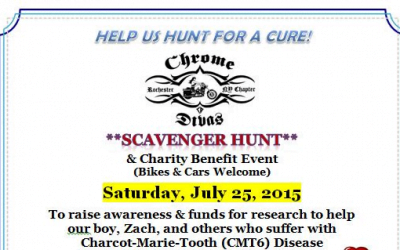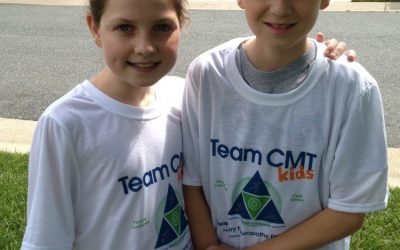Currently the FDA is working to update the process for physicians applying for accelerated patient access to investigational drugs, while the drug or biological product is being tested in clinical trials. This will also be important for the CMT community as clinical trials for this disease are being launched. This is termed “expanded access” whereby there is no other product that can diagnose, monitor, or treat the patient’s disease or condition, and the patient is not and cannot be enrolled in a clinical study for various reasons (such as patient inclusion criteria or access to a clinical site).
“Compassionate use” was coined early in the HIV/AIDS epidemic when the FDA authorized unapproved investigational drugs for patients in certain cases. The application process was then complex and time consuming. It could take up to 100 hours for physicians to complete the form. FDA recognizes physicians demanding schedules and is simplifying the process to a shorter form for completion within 45 minutes.
The most recent 2015 drafted process is entitled “Individual Patient Expanded Access Applications: Form FDA 3926,” it includes a simplified application form that, when finalized, will be used for requesting the medications, and is designed to greatly simplify and accelerate the process by which a physician can request that FDA permit the use of an experimental — socalled “investigational” — drug or biological product while it’s still being tested to establish its safety.
The bottom line for patients is that while a clinical trial is in process they can apply to access the drug for their disease.
For more information: http://blogs.fda.gov/fdavoice/ index.php/2015/02/a-big-stepto-help-the-patients-most-inneed/#.dpuf






0 Comments